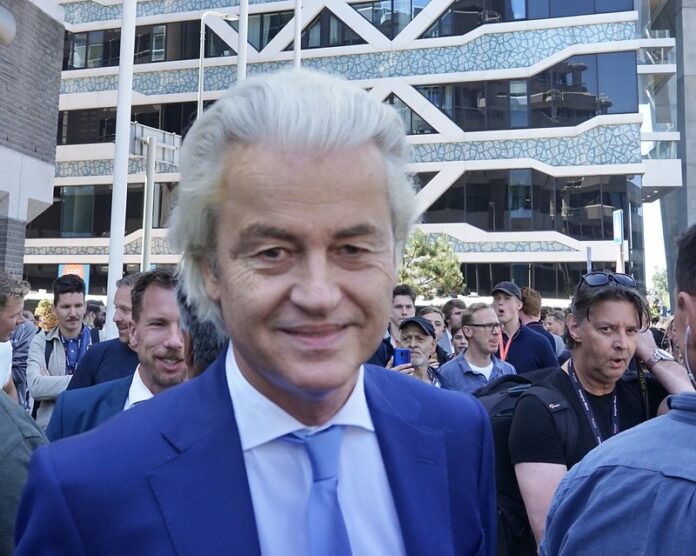Last November, the electoral victory of far-right Geert Wilders in the Netherlands raised severe concerns regarding human rights, Democracy issues and the country’s European and foreign policies. The Party for Freedom (PVV), an ally of Marine Lepen and Matteo Salvini, is known for his Islamophobic, anti-immigration and climate change denialist positions. In addition, Wilders offers political support to Vladimir Putin, mainly on the Ukrainian issue. Thus, a wide range of social groups and the European Union are deeply concerned about the eventuality of a Wilders’led government.
However, the Dutch scientific community is also concerned regarding such a perspective. If Gert Wilder’s party manage to form a government, it could restrict international students and scrap key climate policies. His nationalist and anti-immigrant agenda represents a threat to the scientific community.
As the Science website (www.science.org) reported, Vinod Subramaniam, a well-known nanoscientist and president of the board at the University of Twente, sent a letter to students and employees last week expressing his concern about the impact of recent results on higher education and the emotions of the university community. As a university, he wrote, we stand for an open, diverse, and inclusive community that looks outward.
International students under debate
International students make up 15% of students at Dutch universities, contributing to their financial needs. In addition, the Netherlands figures among the most advanced countries delivering high-level doctoral education through them.
However, a neoliberal approach by the conservative liberal parties questions the presence of many international students in the country. The Netherlands has recently debated managing the pressure placed on universities by the “internationalisation” of higher education. The Science Minister, who is leaving office, has suggested that two-thirds of bachelor’s courses should be taught in Dutch instead of English to reduce the number of international students.
This proposal could lead to financial difficulties for most Dutch universities, as pointed out by Subramaniam in his letter. He also warns that if English-speaking staff and international students leave, it could negatively impact the quality of education.
Wilders states in his election manifesto that universities should prioritise Dutch students. The party aims to restrict student migration and eliminate all undergraduate courses taught in English. Unfortunately, other potential coalition partners, including the centre-right New Social Contract, share similar views.
Wilders’ proposal for Nexit would also have severe consequences for Dutch education. He argues that the country pays more to the EU than it receives. However, the scientific community suggests otherwise, as Dutch scientists have successfully secured funds from the EU’s Horizon Europe funding scheme. If the country exits the EU, Dutch scientists would lose access to several valuable tools provided by the EU.
The Dutch scientific community also worries about Wilders’ views on climate change. His party aims to eliminate climate policies that target carbon dioxide emissions reduction and instead focus only on adaptation measures, such as raising dikes to prevent flooding. The PVV and its potential partner, the Farmers and Citizens Party, also agree on eliminating the nitrogen rules.

